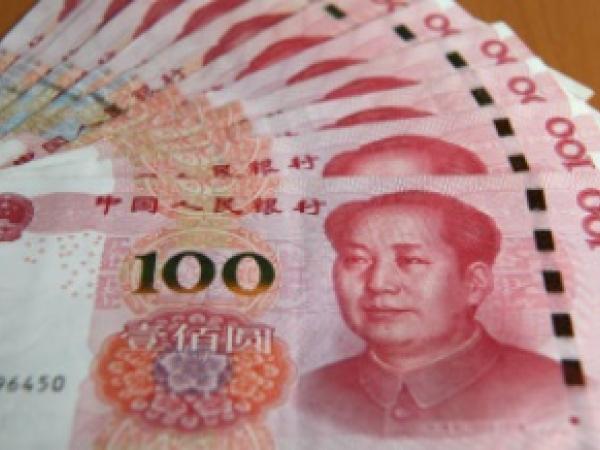the weight of the yuan on the composition of the SDR, the IMF’s unit of accountis strengthening, consolidating the international reserve currency status of the Chinese currency and reducing the participation share of the euro, the yen and the pound sterling.
(See: Chinese vs. covid, and collateral damage).
The International Monetary Fund (IMF) has increased the weighting of the yuan, or renminbi, from 10.92% to 12.28% in the new valuation of the SDR (Special Drawing Rights), the entity’s unit of account that serves as international reserve.
The valuation of the SDR, created in 1969, is based on a basket of five major international currencies: the dollar, the euro, the pound sterling, the renminbi or Chinese yuan and the Japanese yen.
The Chinese currency entered the very closed club of the main international reserve currencies in 2016 by integrating the SDR.
This had been hailed as a historic and symbolic step in the internationalization of the renminbi, something Beijing coveted in its quest for international economic recognition. A
At the end of the IMF’s five-year review of the weighting of this basket of currencies, the weight of the dollar also rose, which came to represent 43.38% instead of the previous 41.73%, the entity indicated.
(See: The economic recovery continued its momentum in the first quarter).
This represents an increase of 1.65 percentage points, greater than the increase in the weight of the Chinese renminbi.
This strengthening of the yuan’s participation in the indicator occurs at a time when the Chinese currency is experiencing a sharp depreciation.
(See: Events that have marked the Colombian and Latin economy recently).
Its price, which evolves in a range controlled by the Chinese State, has recently accelerated its decline and stood, last Friday, May 13, at 6.7893 renminbi per dollar.
This is its lowest for almost a year and a half, weighed down in particular by the slowdown in economic activity due to the fight against Covid-19.
(See: Economies could stall by the end of 2022, why?).
AFP








